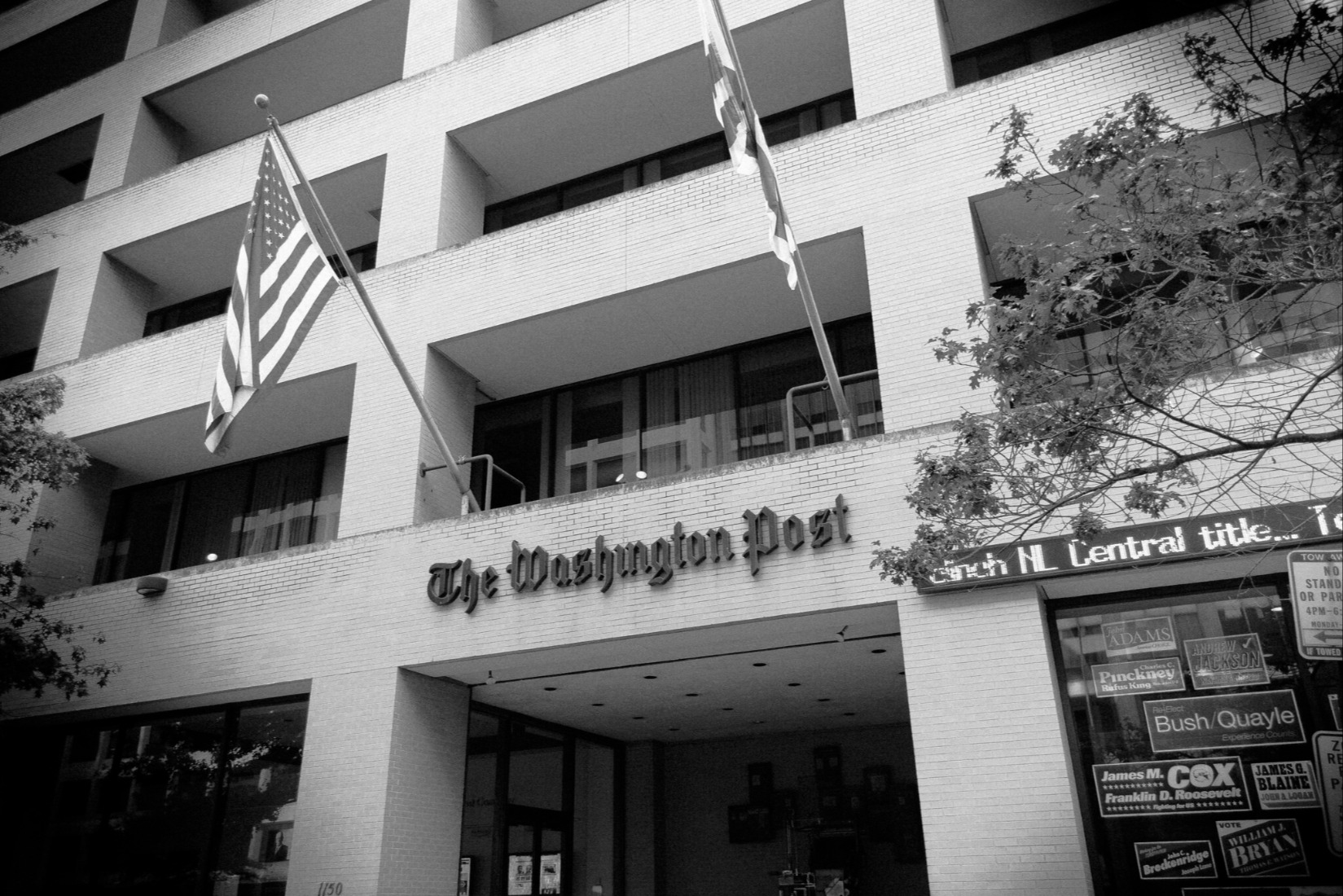Congress Delays Implementation of Section 11 of STOCK Act
For those following Section 11 of the STOCK Act, this afternoon President Obama signed S. 3625, which delays until December 8 the dangerous and short-sighted requirement in Section 11 of the STOCK Act that the financial disclosure forms of all senior executive officials be posted on the Internet.
S.
For those following Section 11 of the STOCK Act, this afternoon President Obama signed S. 3625, which delays until December 8 the dangerous and short-sighted requirement in Section 11 of the STOCK Act that the financial disclosure forms of all senior executive officials be posted on the Internet.
S. 3625 also mandates a study and report, to be prepared within six months by the National Academy of Public Administration, to examine:
"the nature, scope, and degree of risk, including risk of harm to national security, law enforcement, or other Federal missions and risk of endangerment, including to personal safety and security, financial security (such as through identity theft), and privacy, of officers and employees and their family members, that may be posed by website and other publication of financial disclosure forms and associated personal information."The Senate had passed the bill last Saturday before leaving town. After initially balking, the House passed the bill in pro forma session earlier today, and President Obama signed it immediately. Although congressional staff of most committees fully understood the danger of posting detailed financial information about senior exceutive branch officials on the Internet, apparently Members of Congress were fearful of delaying implementation beyond December, or simply eliminating the requirement (which would have been the wise thing to do), lest they be criticized prior to the elections. Kudos in particular to the staffs of Senators Lieberman and Collins of the Senate Homeland Security and Government Affairs Committee for shepherding the bill through the Senate, and to Congressman Chris Van Hollen for bird-dogging this in the House. When Congress reconvenes during the lame duck session, one hopes that they will delay implementation further until they receive the results of the NAPA study, and ultimately eliminate this misguided provision altogether. Unlike many other issues debated on this blog, eliminating Section 11 should NOT be a hard national security choice.
John B. Bellinger III is a partner in the international and national security law practices at Arnold & Porter in Washington, DC. He is also Adjunct Senior Fellow in International and National Security Law at the Council on Foreign Relations. He served as The Legal Adviser for the Department of State from 2005–2009, as Senior Associate Counsel to the President and Legal Adviser to the National Security Council at the White House from 2001–2005, and as Counsel for National Security Matters in the Criminal Division of the Department of Justice from 1997–2001.





